After an accident, most people assume the hardest part will be healing. What they don’t realize is how easy it is to damage a personal injury case before it even has a chance to move forward.
In many situations, valid injury claims fall apart not because the injuries aren’t real, but because of avoidable mistakes made in the days and weeks following the incident. Understanding what not to do can make the difference between fair compensation and walking away with nothing.
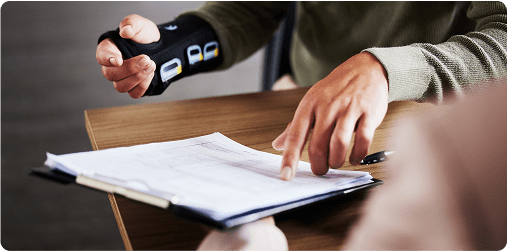
One of the most damaging mistakes people make is speaking with insurance adjusters before understanding their rights.
Insurance companies are not neutral parties. Their goal is to limit payouts, not to protect your best interests. Early phone calls may seem informal, but they are often used to gather statements that can later be taken out of context or used to minimize your injuries.
What feels like “just explaining what happened” can quickly turn into something that weakens your case.

Delaying medical care is another mistake that can seriously undermine a personal injury claim.
Even if symptoms seem minor at first, waiting days or weeks to see a doctor gives insurance companies room to argue that:
Prompt medical evaluation creates a clear record connecting your injuries to the accident. That documentation often becomes the foundation of your claim.
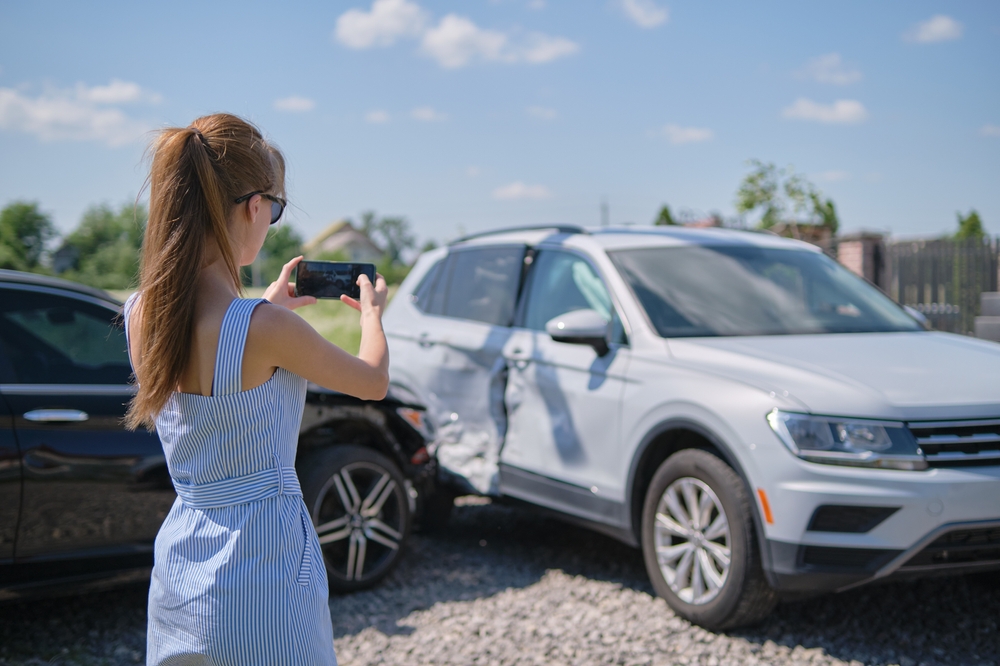
Personal injury cases rely heavily on evidence. When documentation is missing, claims become harder to prove.
Common oversights include:
Small details fade quickly, but insurance companies remember everything. Thorough documentation helps preserve the facts before they disappear.
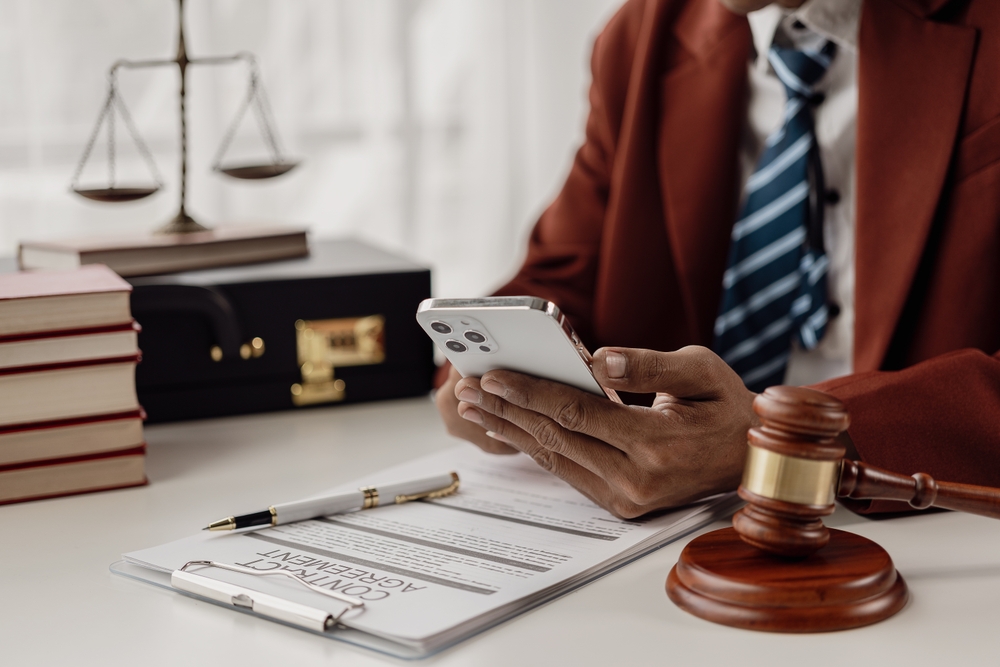
Social media activity can quietly sabotage an injury claim.
Photos, comments, or check-ins that seem harmless may be used to suggest that injuries are exaggerated or that recovery is complete. Even unrelated posts can be twisted to challenge credibility.
Once something is online, it can be reviewed, saved, and presented as evidence. Staying offline about the accident, injuries, and recovery process is often the safest choice until the case is resolved.
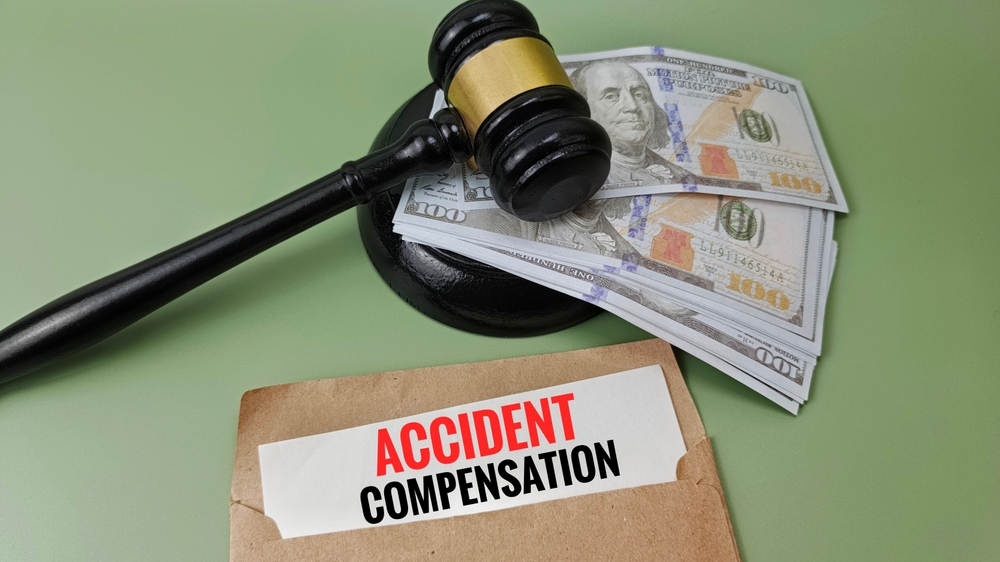
Early settlement offers are rarely designed to fully compensate injury victims.
Insurance companies often make quick offers before the full extent of injuries is known. Accepting too soon can leave you responsible for future medical costs, ongoing treatment, or long-term limitations that weren’t obvious at the beginning.
Once a settlement is accepted, the case is typically closed permanently — even if new complications arise later.

Every personal injury case is governed by strict filing deadlines. Missing them can permanently eliminate your right to compensation, regardless of how strong the case may be.
These deadlines vary depending on the type of case and the circumstances involved. Waiting too long to take action can quietly close the door on recovery before you realize it.
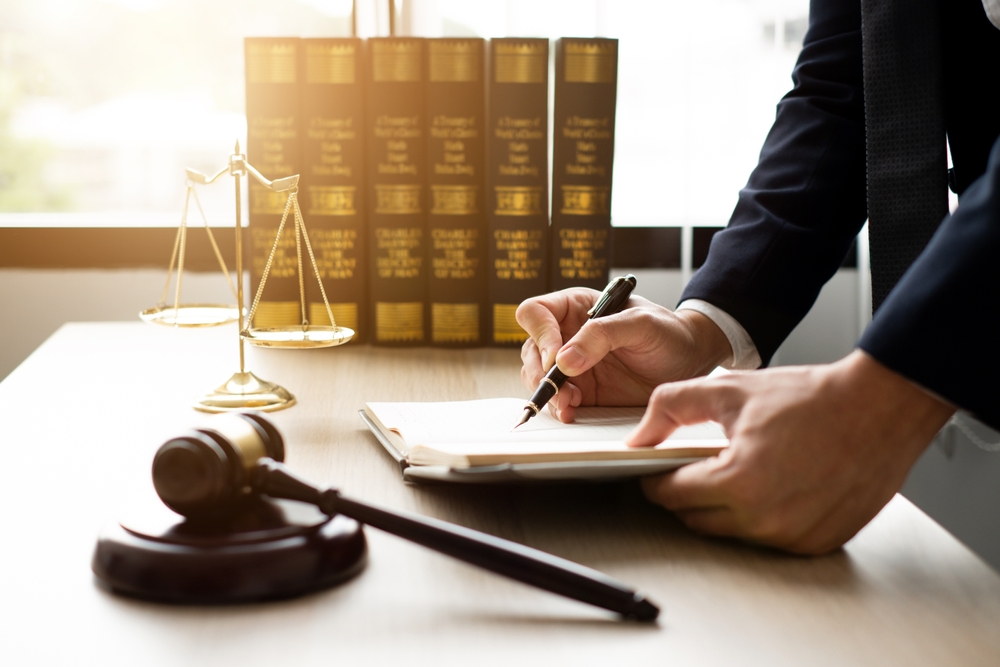
Personal injury law is more complex than it appears on the surface. Many people unintentionally harm their cases by trying to navigate medical records, insurance negotiations, and legal procedures without guidance.
Early involvement from a personal injury attorney can help:
The goal is not to rush into litigation, but to protect your position from the start.
Personal injury cases are often decided long before a lawsuit is filed. The choices made immediately after an accident shape how insurers view the claim and how strong the evidence will be months later.
Avoiding early mistakes helps ensure that your injuries, losses, and recovery are taken seriously — not dismissed or undervalued.
If you’ve been injured due to someone else’s negligence, knowing what to avoid is just as important as knowing what to do. The right steps early on can preserve your claim, protect your rights, and put you in a stronger position to recover compensation.
A brief consultation with a personal injury attorney can often clarify next steps and help prevent missteps that can’t be undone later.
Contact Allen J Mastantuno for a Consultation if You have Been Involved an in accident
GET IN TOUCH

After a car accident, slip and fall, or other traumatic event, many people walk away thinking they’re fine – only to wake up days later with pain, stiffness, or symptoms that weren’t there before. This delayed onset of injuries is more common than most people realize, and it can have serious medical and legal implications if ignored.
If you didn’t feel injured immediately after an accident, but symptoms appeared later, you are not alone – and you may still have a valid injury claim.

Not all injuries are immediately obvious. In fact, adrenaline and shock often mask pain in the hours or even days following an accident. Your body goes into survival mode, suppressing pain signals until things calm down.
Common reasons injuries are delayed include:
Once adrenaline wears off and inflammation increases, pain and other symptoms often become much more noticeable.
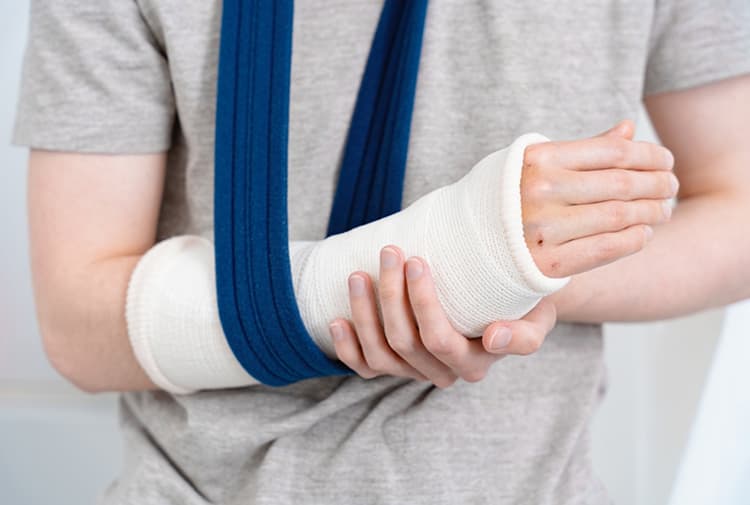
Certain injuries are notorious for appearing hours or days after an accident.
Whiplash is one of the most common delayed injuries after car accidents. Symptoms may include neck stiffness, headaches, shoulder pain, and reduced range of motion that worsen over several days.
Mild traumatic brain injuries may not cause immediate symptoms. Dizziness, confusion, nausea, sensitivity to light, or memory issues can appear days later.
Muscle strains, ligament damage, and tendon injuries often worsen as inflammation builds. These injuries may feel minor at first but become painful over time.
Herniated discs or spinal injuries may not be obvious right away. Pain, numbness, or tingling can emerge days or even weeks later.
Internal bleeding or organ damage can take time to show symptoms and can be life-threatening if untreated.
Yes – absolutely.
If you start feeling pain or symptoms days after an accident, seek medical attention as soon as possible. Delaying care can worsen injuries and make recovery more difficult.
From a legal standpoint, seeing a doctor creates medical documentation that links your injuries to the accident. Without this documentation, insurance companies may argue your injuries are unrelated or pre-existing.
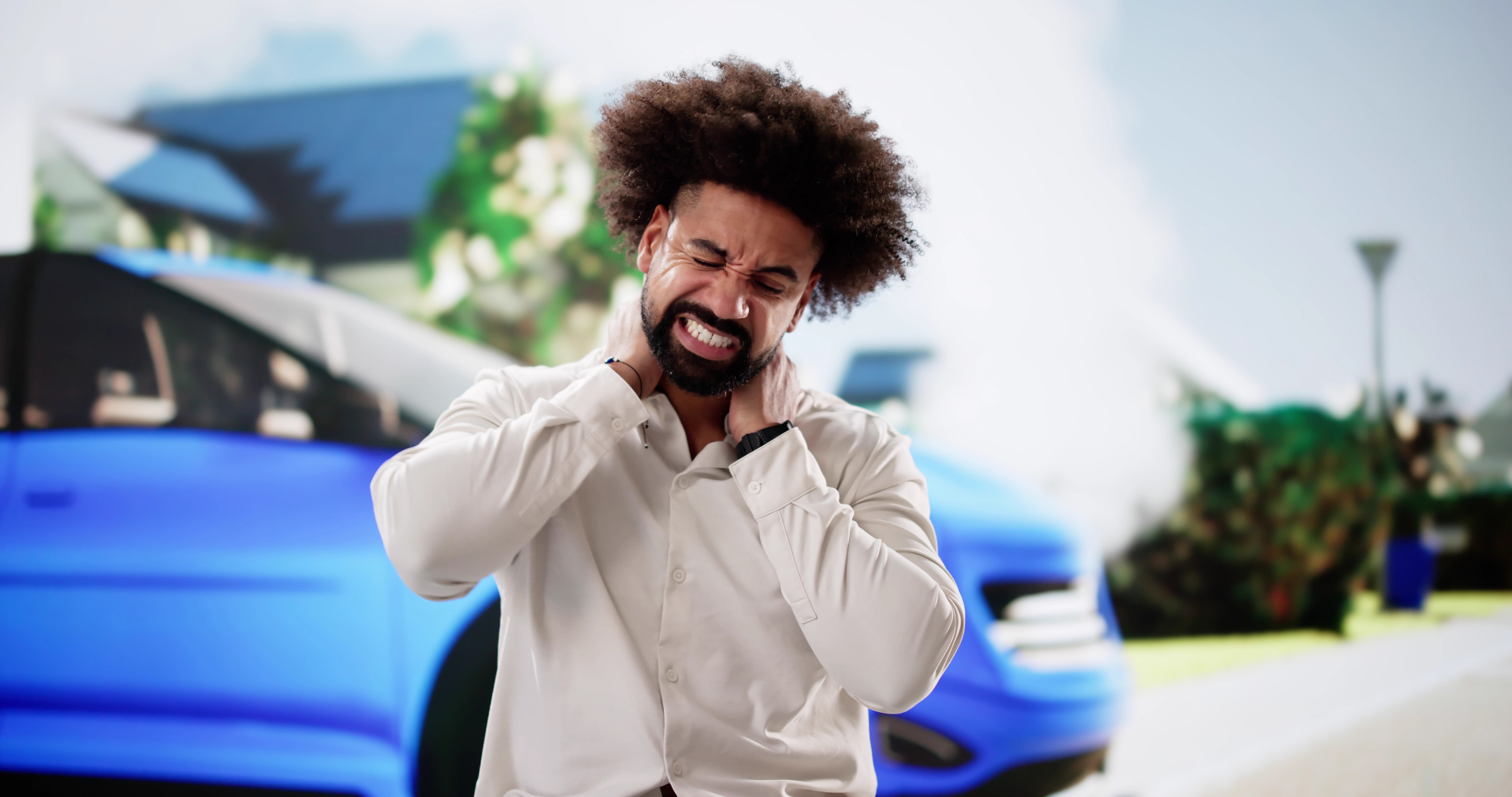
Yes. Delayed symptoms do not automatically disqualify you from filing a personal injury claim.
However, insurance companies often use delayed treatment as a reason to deny or reduce claims. They may argue:
This is why prompt medical evaluation and legal guidance are critical.
Insurance adjusters look closely at timelines. When injuries are reported days later, they often scrutinize the claim more aggressively.
To protect yourself:
What you say – and when you say it – matters.
If symptoms appear after an accident, take these steps immediately:

Delayed injury cases are more complex than claims involving immediate trauma. Insurance companies often push back harder, knowing the timeline gives them leverage.
A personal injury attorney can:
Most injury attorneys offer free consultations, meaning there’s no downside to getting answers early.
Every state has a statute of limitations – a legal deadline for filing personal injury claims. Waiting too long can permanently bar you from recovering compensation, even if your injuries are legitimate.
Because delayed symptoms can shorten your effective timeline, it’s important to act quickly once pain appears.
Just because you didn’t feel injured right away doesn’t mean you weren’t hurt. Delayed symptoms are real, medically recognized, and legally valid when handled correctly.
If you’re experiencing pain days after an accident, don’t brush it off – get medical care, document your symptoms, and understand your legal options. Acting early can protect both your health and your right to compensation.
GET IN TOUCH

After an accident, everything feels urgent.
You are hurting.
You may be missing work.
Bills are showing up before answers do.
So when the insurance company calls with a quick settlement offer, it can feel like relief.
But in reality, fast settlement offers are rarely about helping you. They are about closing your claim before the full impact of your injuries is known.
If you were injured in South Carolina, here is what you need to know before you sign anything.
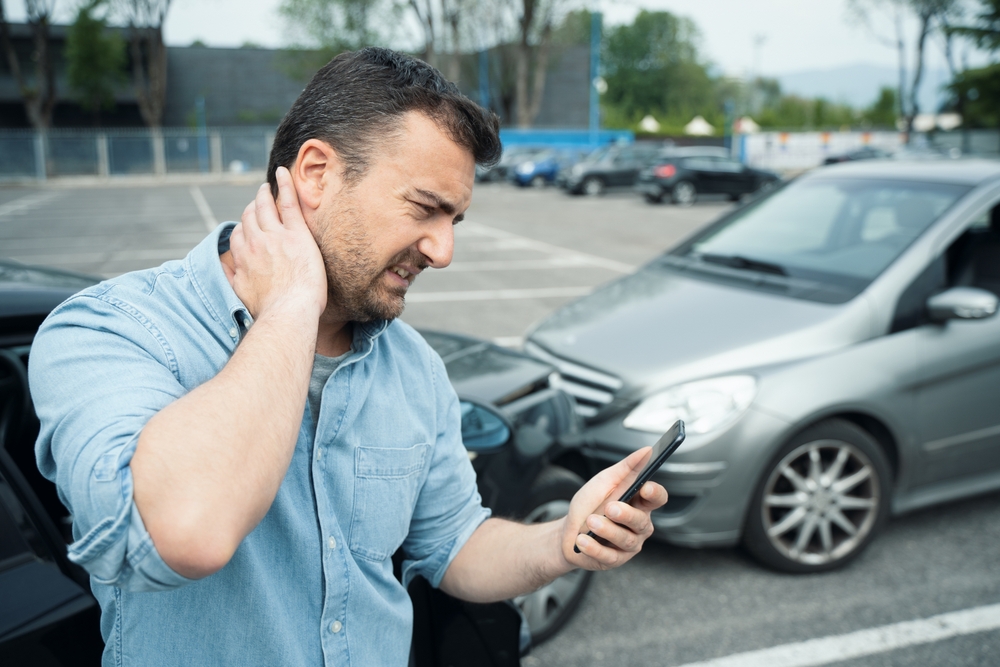
Insurance companies move quickly when they believe:
Their goal is simple: pay as little as possible, as fast as possible.
This is why it is critical to understand your rights under South Carolina law and how personal injury claims actually work.
You can start with Mastantuno’s Personal Injury practice area for a full overview:
👉 https://mastantuno.com/personal-injury/

Be cautious if:
These tactics are discussed in more detail in
👉 https://mastantuno.com/common-mistakes-to-avoid-in-a-personal-injury-claim/

Once you sign a settlement release:
This includes situations where:
Read more about SC Department of Insurance requirements for injury claims.
This is why understanding pain and suffering compensation matters early on:
👉 https://mastantuno.com/pain-and-suffering-compensation-south-carolina/

Sometimes, yes. But only when:
If you are unsure how insurers calculate value, this guide helps explain it:
👉 https://mastantuno.com/how-to-maximize-your-compensation-after-an-injury/
Medical records are the foundation of any personal injury claim. Gaps in treatment can hurt both your recovery and your case.
Learn how records affect settlements here:
👉 https://mastantuno.com/common-personal-injury-questions-in-south-carolina-how-medical-records-impact-your-settlement/
Keep records of:
What you post can be used against you.
👉 https://mastantuno.com/how-social-media-can-hurt-your-personal-injury-claim/
South Carolina generally allows three years to file a personal injury lawsuit, depending on the case. You are not required to accept an early offer.

Early offers usually focus on:
They often ignore:
If an insurer has already denied or minimized your claim, this guide explains your options:
👉 https://mastantuno.com/what-to-do-if-an-insurance-company-denies-your-personal-injury-claim-in-south-carolina/
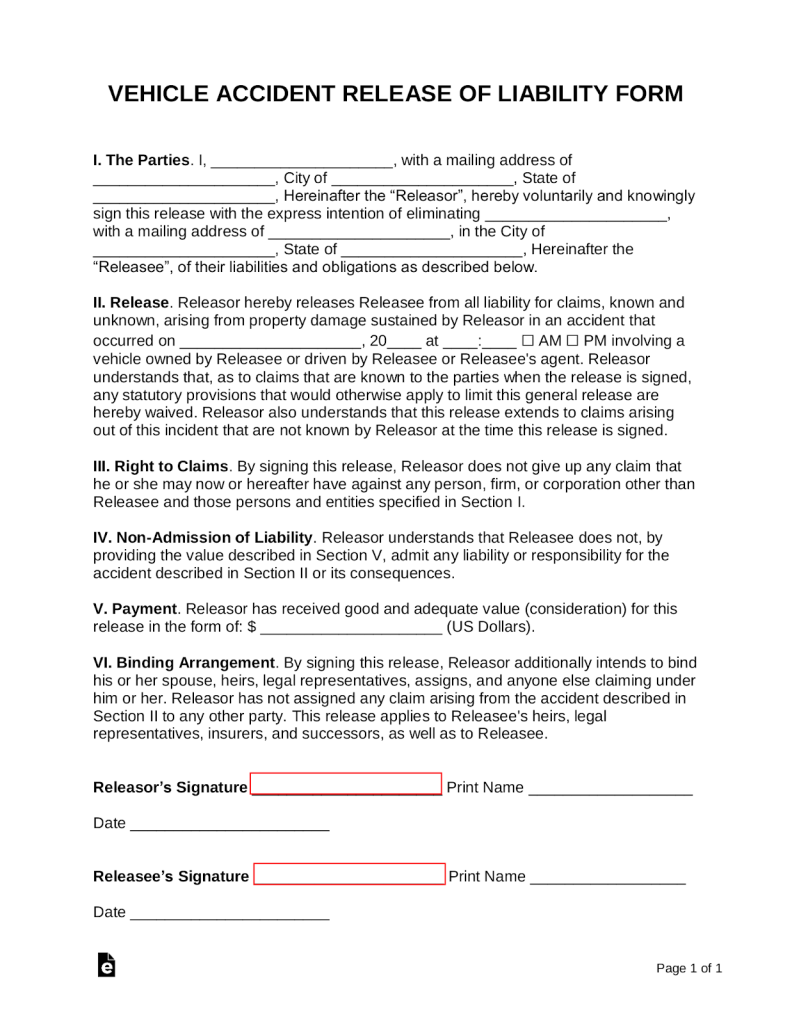
No.
Many personal injury cases still settle, just after proper evaluation and negotiation.
An attorney can:
You can learn more about the firm and its approach here:
👉 https://mastantuno.com/attorney-profile/
GET IN TOUCH
Insurance companies take claims more seriously when they know:
Mastantuno Law represents injured clients throughout:
Full service area list:
👉 https://mastantuno.com/locations/
You should get legal guidance if:
If you are still in the early stages after an accident, start here:
https://mastantuno.com/steps-to-take-after-an-accident/
Insurance companies offer quick settlements for certainty.
You carry the risk.
Before making a decision that affects your health, finances, and future, it is worth having the offer reviewed by someone who works for you, not the insurer.
If you were injured in South Carolina and received a fast settlement offer, Mastantuno Law Firm can help you understand your options and protect your rights.
Contact Mastantuno Law Firm
https://mastantuno.com/contact-us/

You did not ask to be here.
An accident interrupted your life, your health, your income, and your sense of control. Now you are being asked to make decisions that could affect you for years.
One of the biggest questions personal injury victims face is this:
Should I settle my case, or should I take it to trial?
There is no one-size-fits-all answer. But there is a right decision for your case, your injuries, and your future.
This guide breaks it all down in plain English so you can move forward with clarity, confidence, and leverage.

Every personal injury case in South Carolina eventually heads toward one of two outcomes:
Both paths have advantages and risks. The right choice depends on evidence, liability, insurance limits, medical documentation, and how aggressively the other side is fighting.
Common Personal Injury Questions in South Carolina – How Medical Records Impact Your Settlement
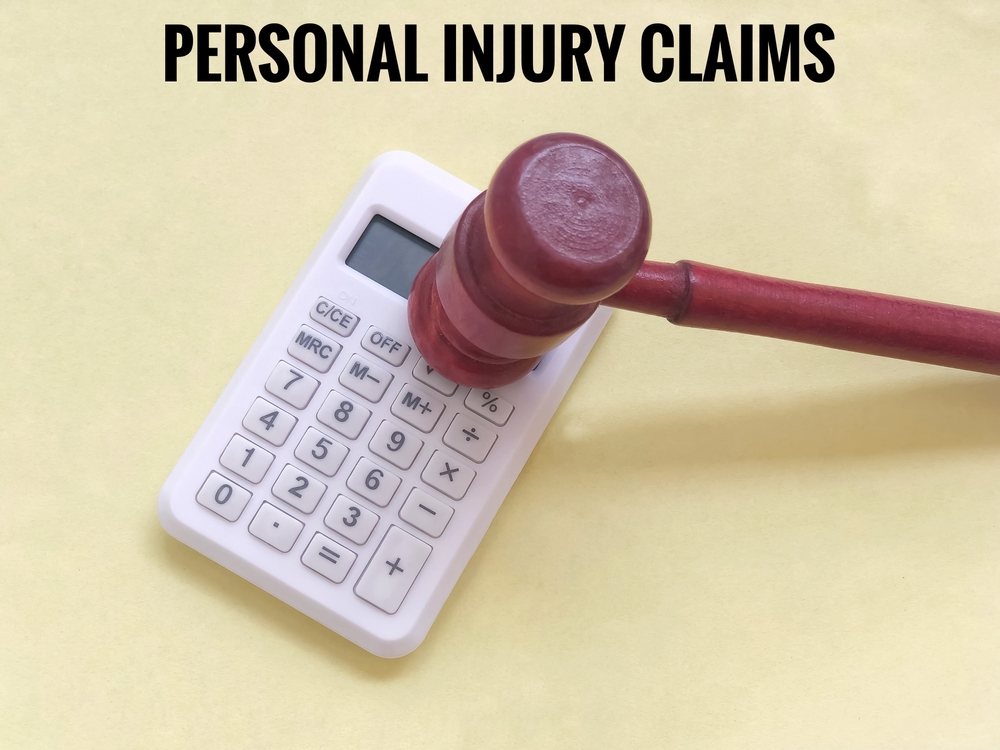
A settlement is a legally binding agreement where the injured person agrees to accept compensation in exchange for ending the case.
Once you settle:
Settlements typically happen:
Steps to Take Immediately After an Accident to Protect Your Rights
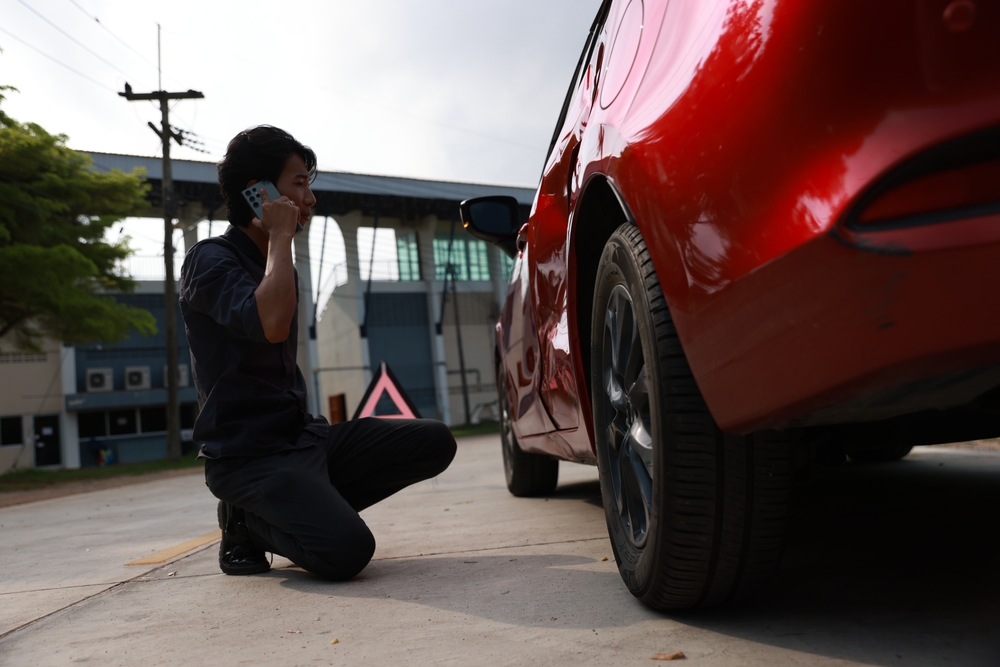
Mediation itself is NOT automatically binding.
However:
South Carolina courts often encourage mediation, especially in injury cases.
Learn more from the South Carolina Judicial Branch:
👉 https://www.sccourts.org
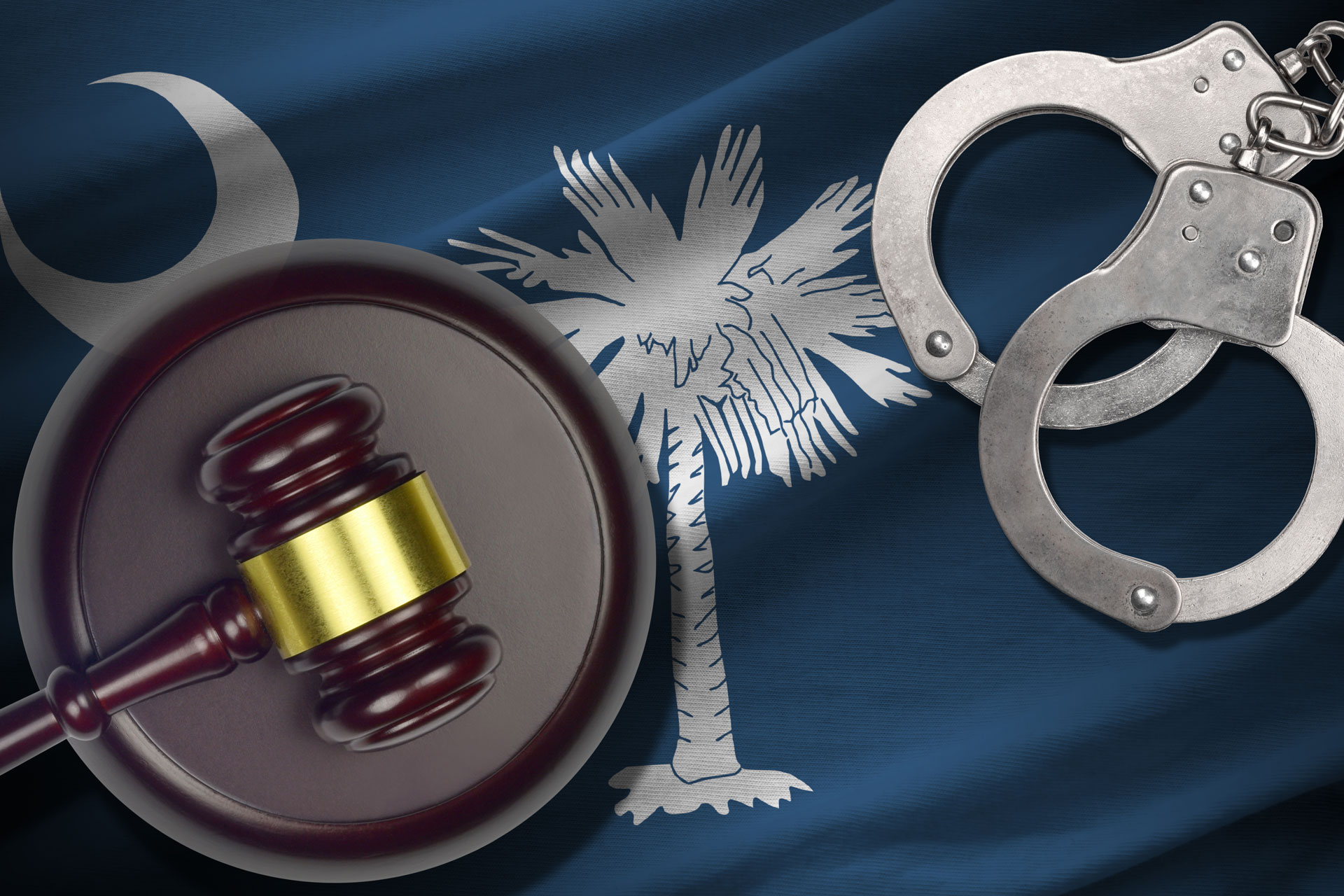
Settlement is often the right choice when:
Most personal injury cases do not go to trial.
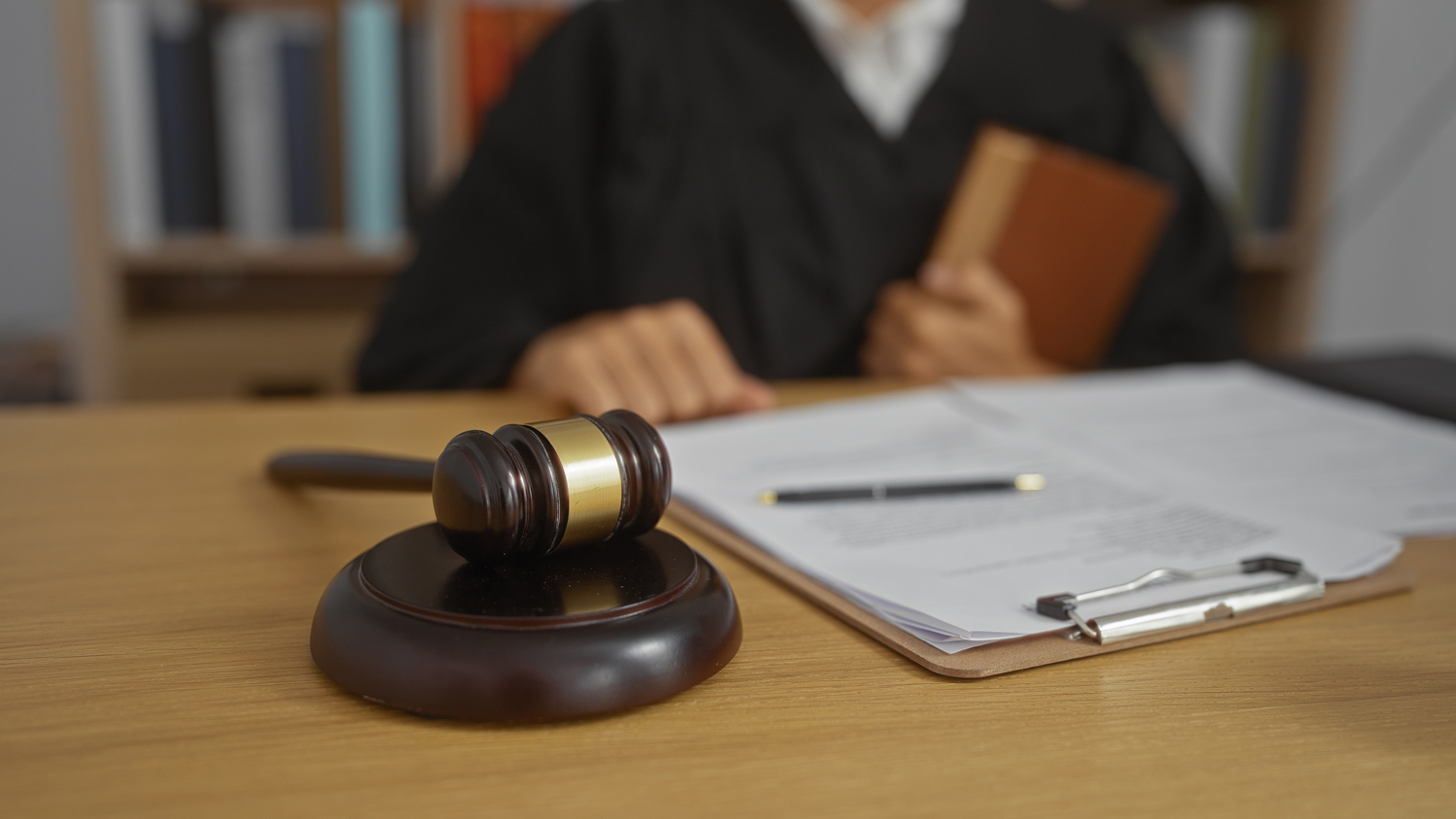
Trial may be the better option when:
Trials are about leverage. Sometimes the willingness to go to trial is exactly what forces a fair settlement.
There is no exact timeline, but here is a realistic breakdown:
Cases often take longer when:
You should speak with a lawyer as soon as possible if:
Early legal involvement protects evidence, prevents mistakes, and preserves leverage.
👉 Talk to a Personal Injury Attorney – Mastantuno Law Firm
GET IN TOUCH
See How Social Media Can Derail Your Personal Injury Claim
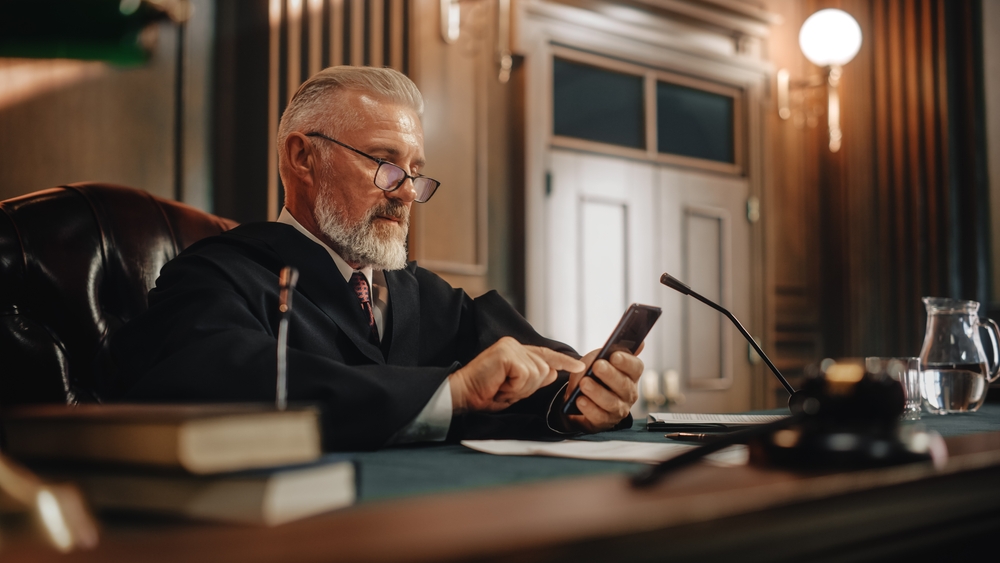
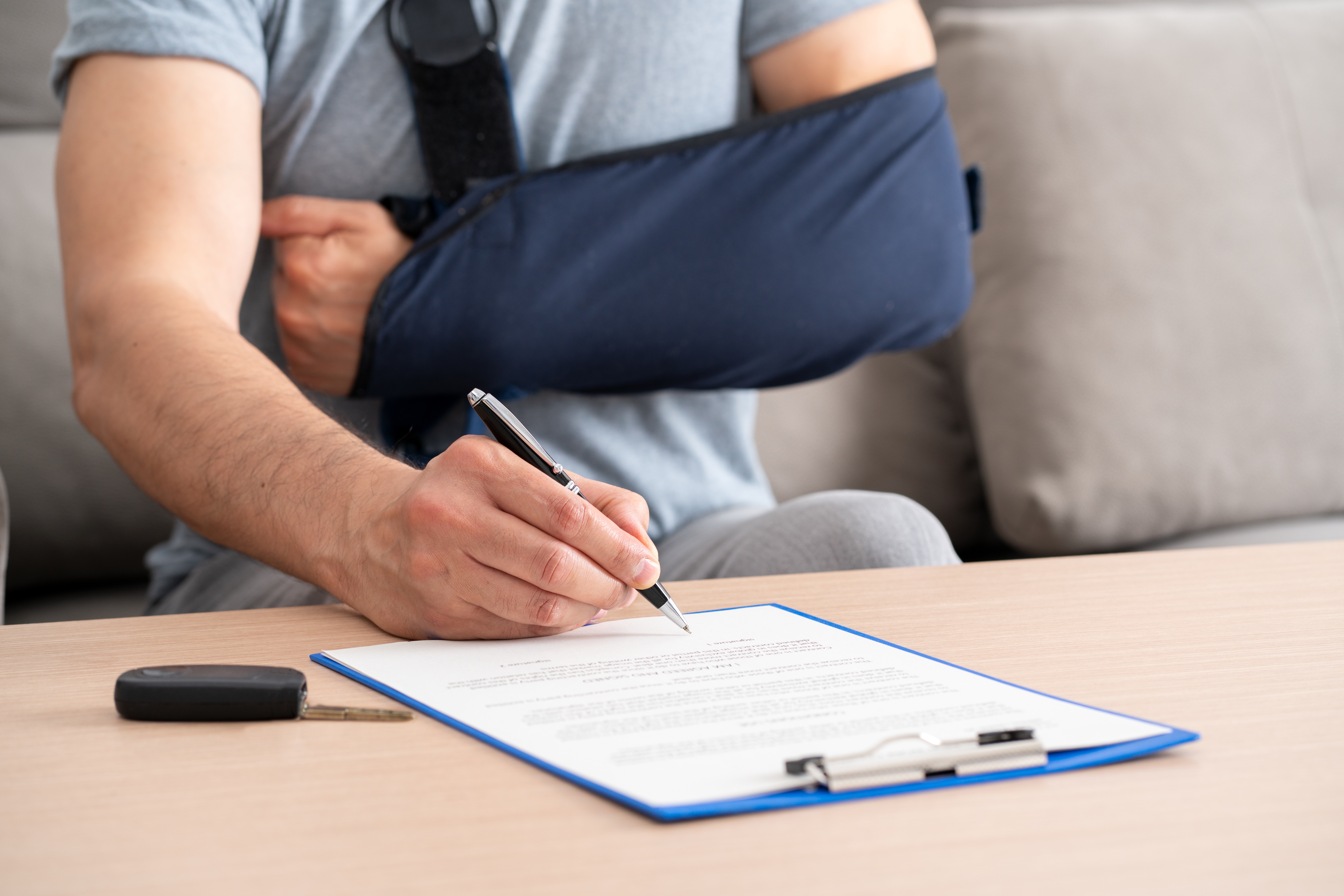
South Carolina follows modified comparative negligence.
Under South Carolina Code §15-38-15:
Official statute:
👉 https://www.scstatehouse.gov
Case value depends on:
There is no average case value that applies to everyone.
Pain and Suffering Compensation in South Carolina Personal Injury Cases

Generally:
IRS guidance:
👉https://www.irs.gov/government-entities/tax-implications-of-settlements-and-judgments
Always consult a tax professional for your specific situation.
Most South Carolina personal injury lawyers work on a contingency fee basis.
That means:
At trial:
Trials take longer and involve risk, but sometimes they are necessary to achieve justice.
Personal injury cases include:
👉 All Personal Injury Cases We Handle
The decision to settle or go to trial is not just legal.
It is personal.
The right attorney does not push you.
They prepare your case so well that the other side has no choice but to take you seriously.
If you are injured in South Carolina and unsure of your next move, Mastantuno Law Firm can help you understand your options and protect your future.

If you’re pulled over, arrested, or even worried about a DUI in South Carolina, you’re not alone – and you’re not the first person to Google the exact questions below. South Carolina’s DUI laws are strict, technical, and full of details that most people don’t learn until it’s too late.
This guide breaks down the most common DUI questions we hear at Mastantuno Law Firm, answered in clear, practical language so you know what to expect – and how to protect yourself.
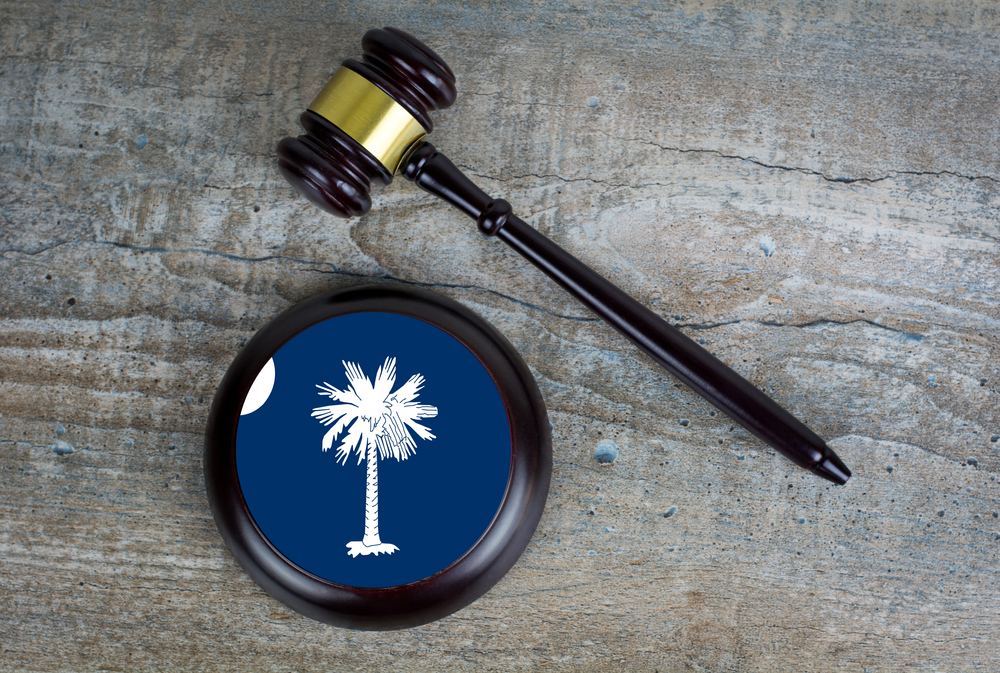
Yes. Absolutely.
In South Carolina, DUI doesn’t require alcohol – only that a substance “materially and appreciably impairs” your ability to drive (S.C. Code §56-5-2930).
That means you can be charged with DUI if you’re impaired by:
Even if the medication is legal and taken as prescribed, impairment = arrest.
You can technically refuse – but the consequences start immediately.
Under South Carolina’s Implied Consent Law, refusing the breath test leads to:
In many cases, refusing the breath test makes the situation harder, not easier.
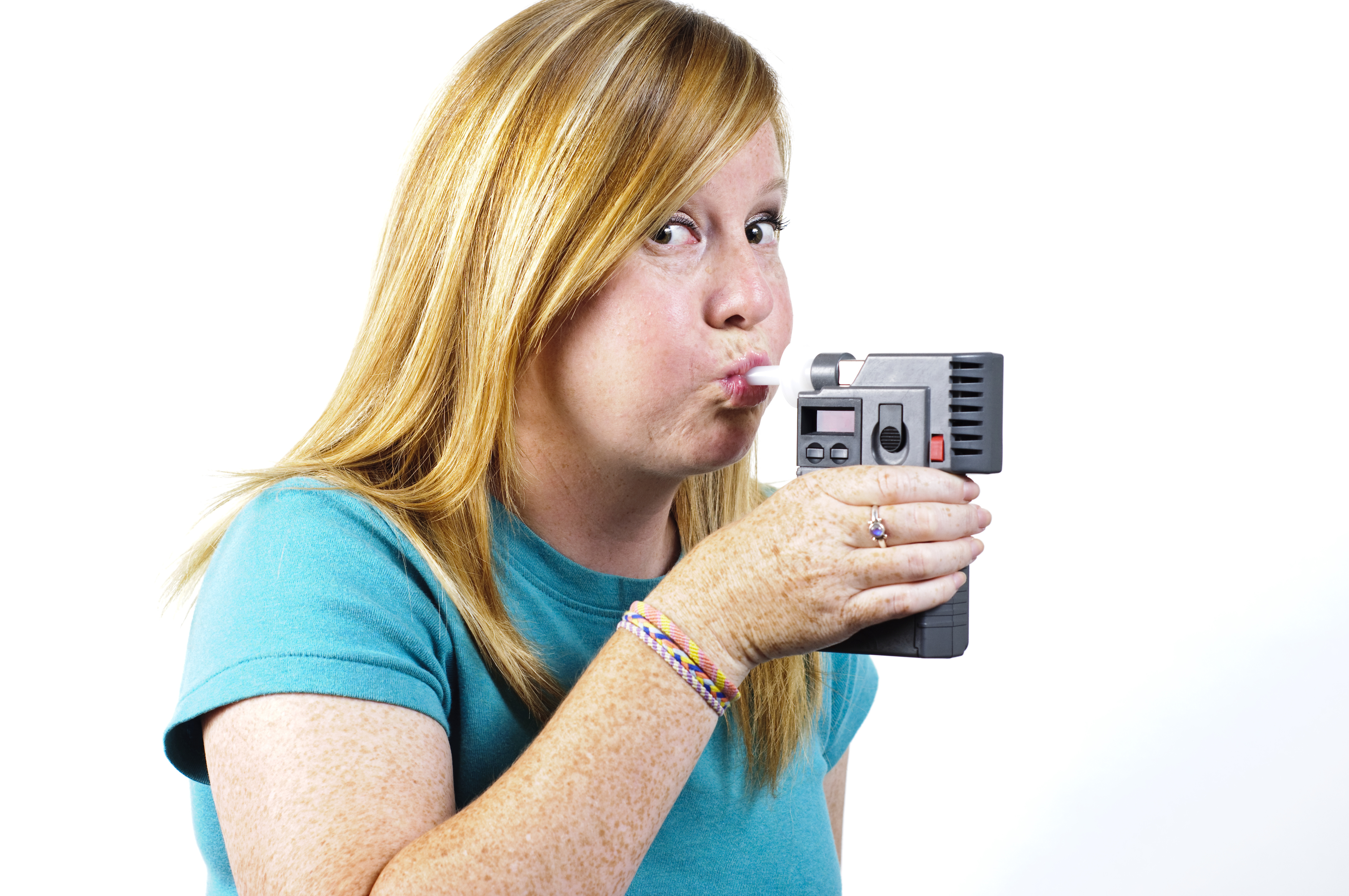
You can still be charged with DUI.
South Carolina law allows DUI charges at:
0.08% is not the threshold for innocence – it’s the threshold for a legal inference of impairment.
Yes. This is called “DUI by interpretation” or “DUI by circumstance.”
You can be arrested if:
This is extremely common in:
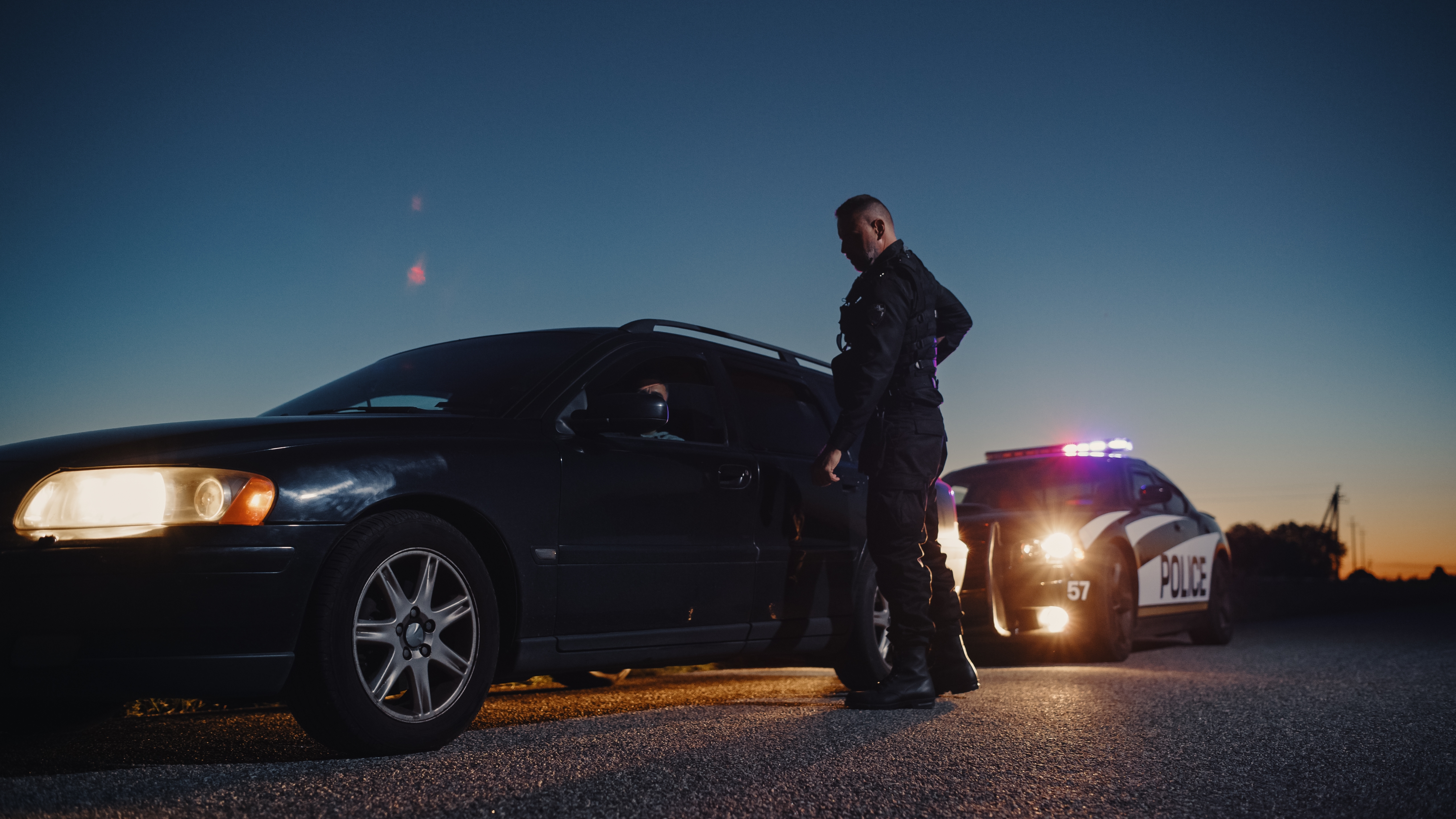
Yes. The law looks at whether you were in actual physical control of the vehicle.
That means DUI can apply if:
If you need to sleep it off, always:
Still not a guarantee – but much safer legally.
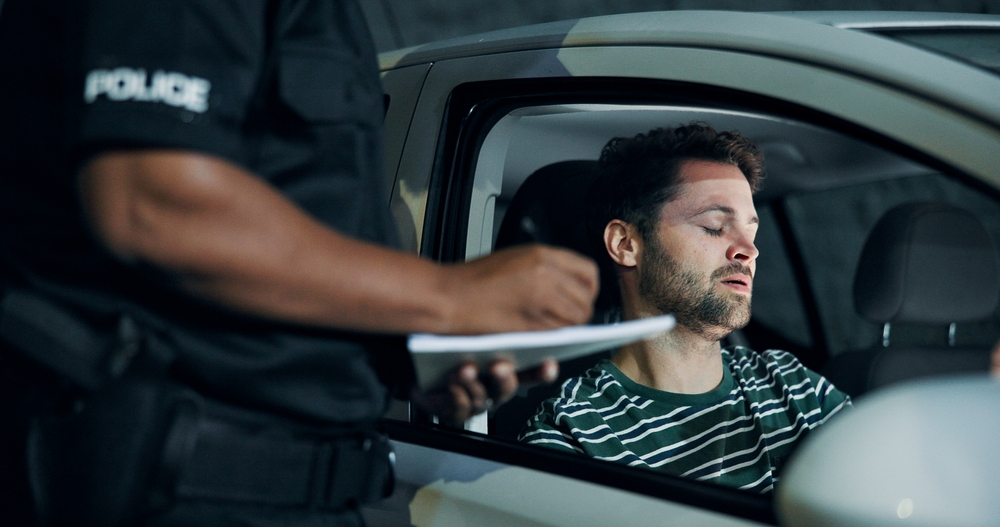
Your license can be suspended before you’re ever convicted.
Two types of suspensions exist:
You may qualify for:
A lawyer can help restore driving privileges faster.
Yes – jail time is possible for first-time offenders in SC.
1st Offense DUI Penalties:
Judges may allow:
But jail is not automatically waived for first offenders.
No – DUIs cannot be expunged under South Carolina law.
A DUI conviction remains on your criminal record for life.
Almost certainly.
After a DUI in South Carolina:
The financial impact often lasts 3–7 years.
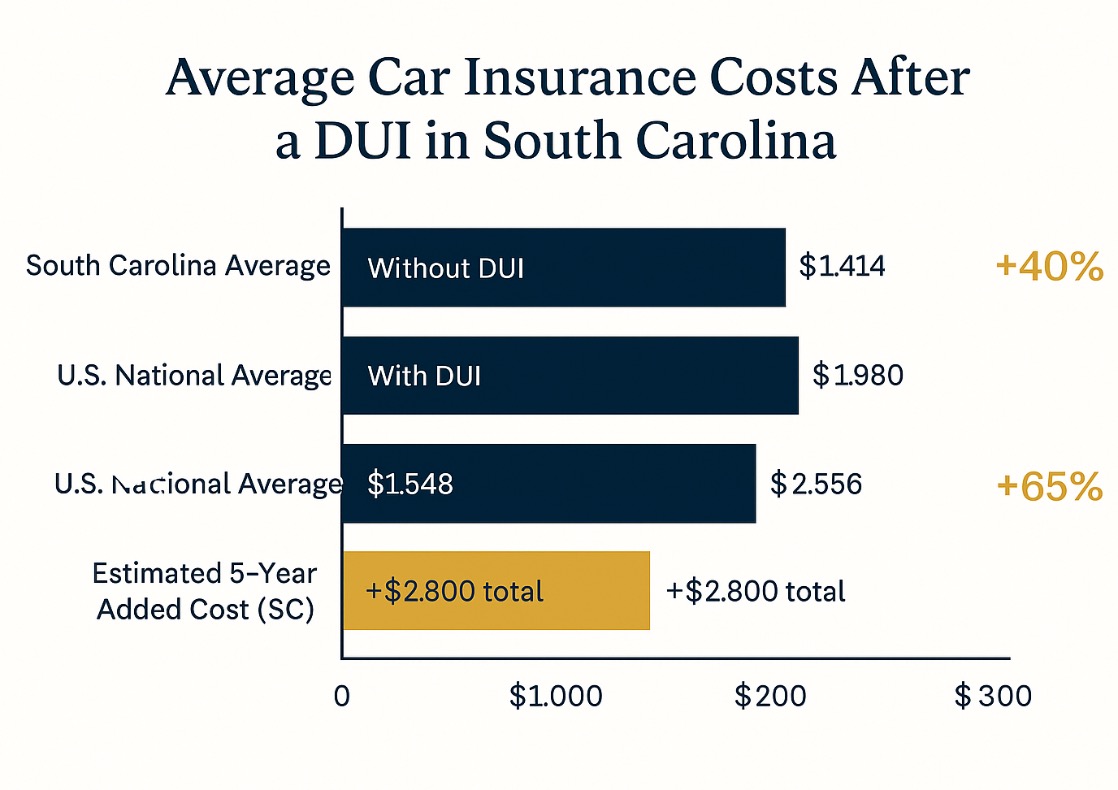
Yes – and you probably should.
Field Sobriety Tests (FSTs):
You won’t avoid arrest, but you avoid giving them flawed data.
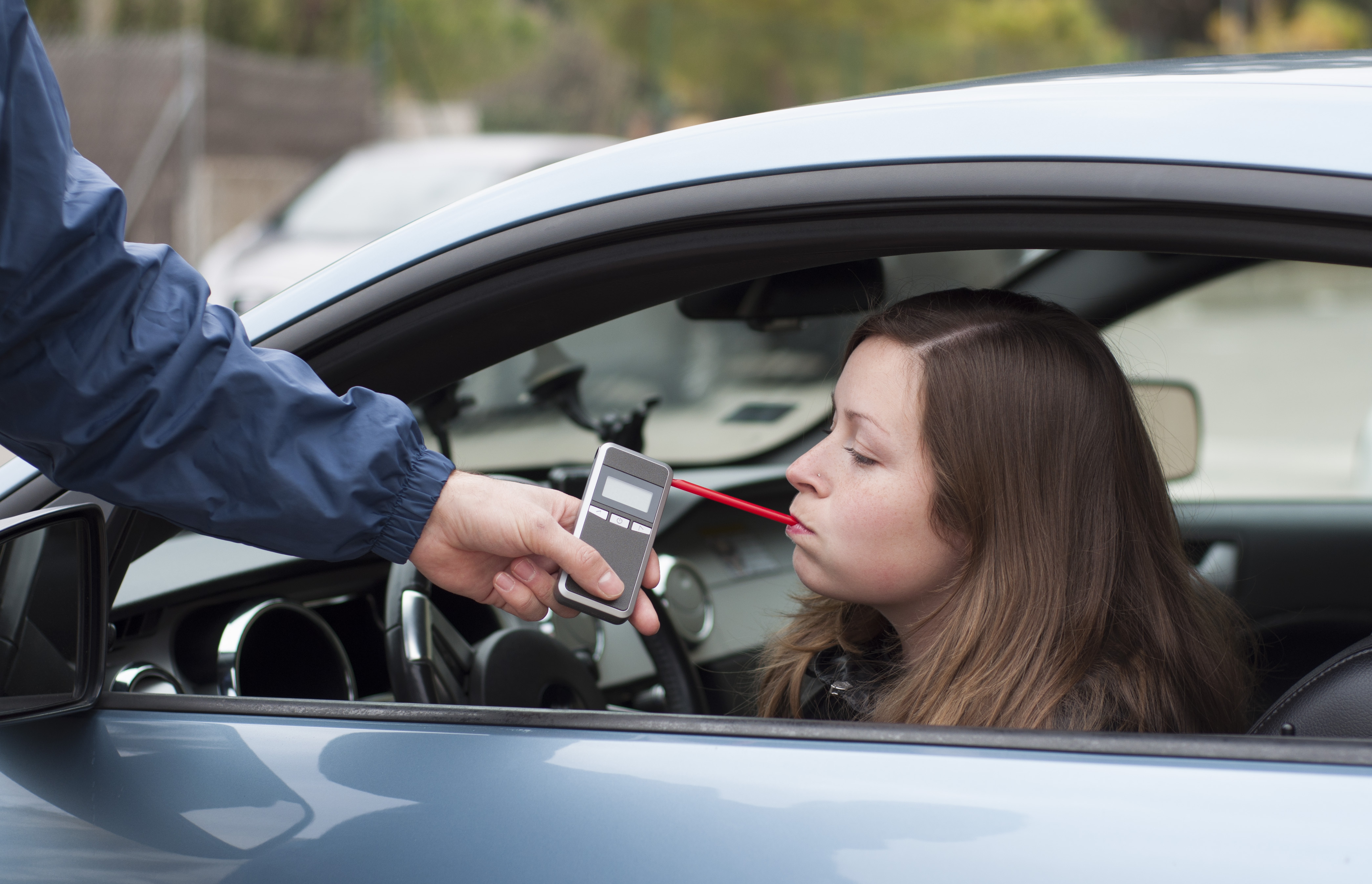
DUI = impaired driving
DUAC = Driving with Unlawful Alcohol Concentration (.08 or higher)
DUAC penalties are similar but:
Not during the traffic stop.
Miranda rights are required only when:
Un-Mirandized roadside conversations are still admissible.
Keep it simple:
Talking too much is one of the biggest reasons people get charged.
If you care about:
Then yes.
DUI law in South Carolina is technical, fast-moving, and unforgiving. Defending yourself almost always results in harsher penalties.
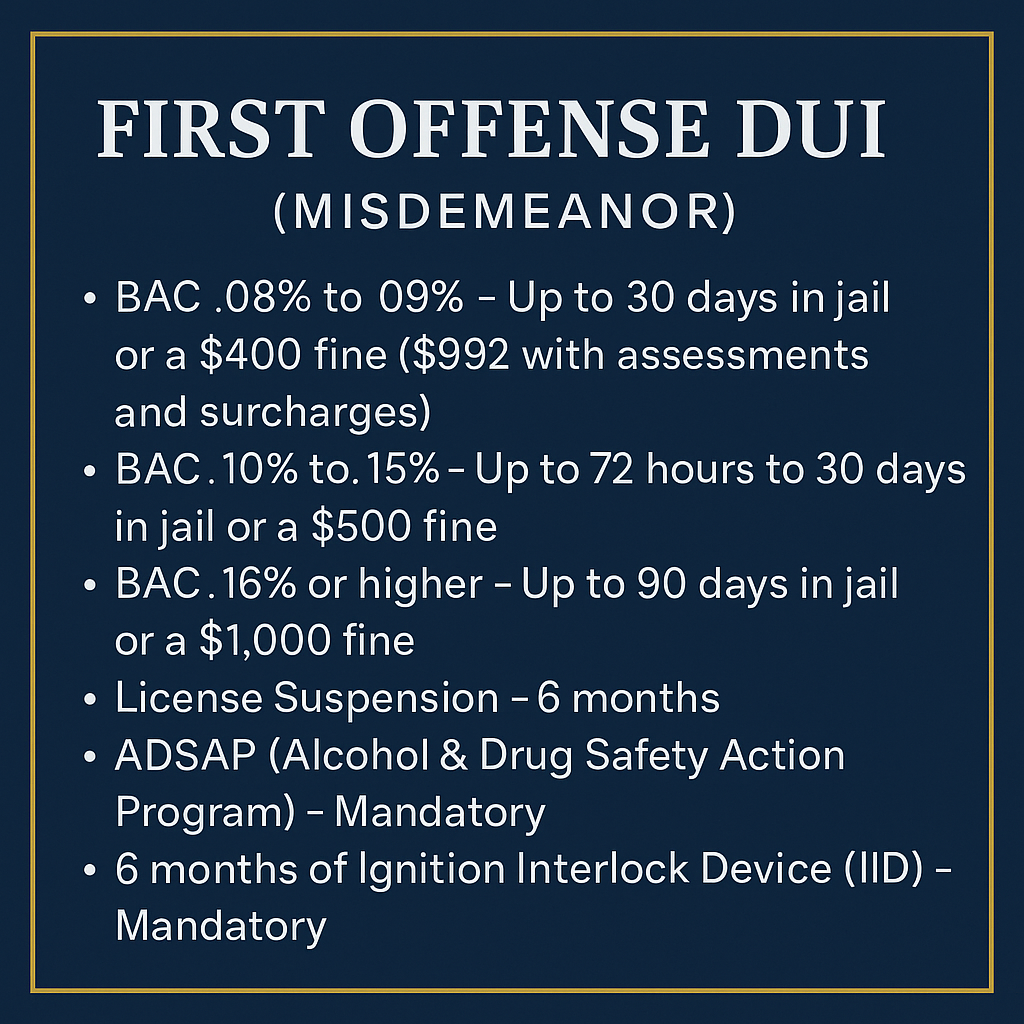
A DUI charge in South Carolina can impact your freedom, your job, your license, and your reputation – even if it’s your first offense.
At Mastantuno Law Firm, we help clients:
If you’re facing a DUI charge, the worst thing you can do is wait.
Contact us today for a free consultation.

When you’re hurt because of someone else’s negligence, the medical bills and lost wages are only part of the story. The real impact often shows up in the pain you live with, the anxiety that hits you at night, or the hobbies and relationships your injuries now limit.
This is why pain and suffering compensation exists – to compensate victims for the non-economic harm an injury causes.
In South Carolina, these damages can be substantial, but the rules behind them are more complex than most people realize.
Below is a clear, SC-specific guide to how pain and suffering works, how it’s calculated, and what your claim may be worth.

Pain and suffering includes the physical and emotional impact your injury has on your daily life.
Under South Carolina law, this generally includes:
These are huge factors in valuation:


There’s no universal formula, but South Carolina adjusters, attorneys, and courts typically use two main methods:
Your economic damages (medical bills, lost wages) are multiplied by a number between 1.5–5+, depending on:
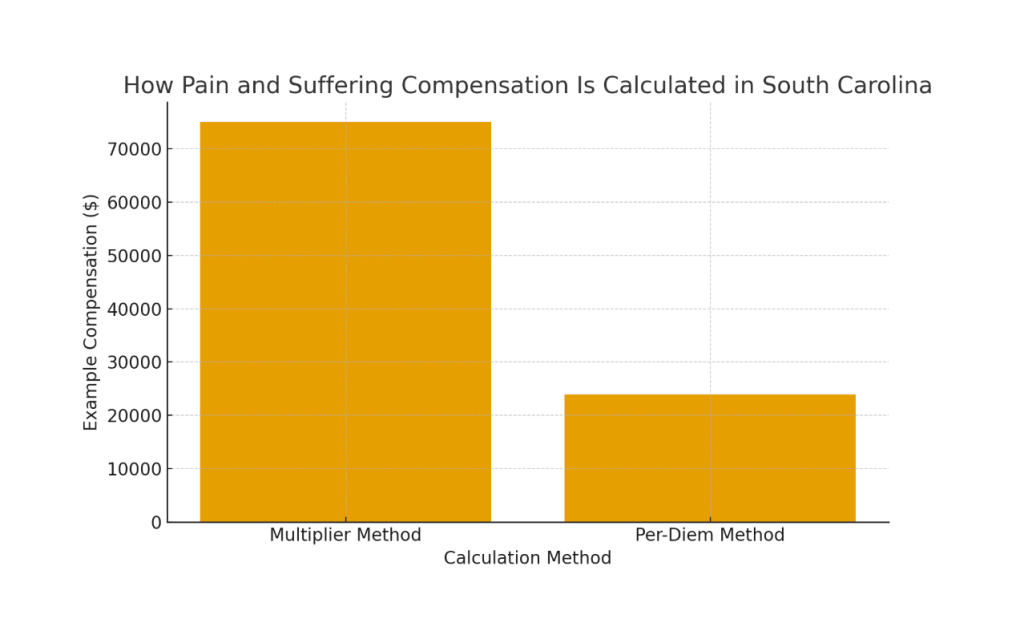
Example:
$25,000 in medical bills × 3 multiplier = $75,000 pain and suffering compensation
A daily dollar amount is assigned for every day you suffered until you reached maximum medical improvement (MMI).
Example:
$200/day × 120 recovery days = $24,000 total
South Carolina factors that influence your pain and suffering value:

There’s no official average because cases vary widely. However, typical ranges look like:
Your personal injury lawyer’s ability to document and argue these damages significantly impacts your case.
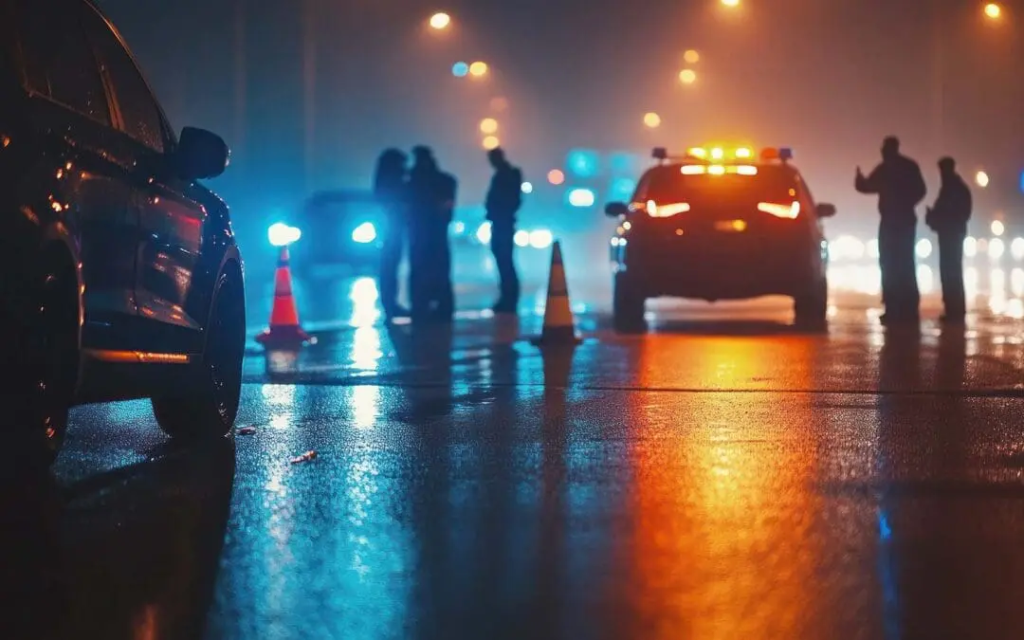
For South Carolina car accidents, pain and suffering depends on:
Insurance companies pay the least when:
They pay the most when:
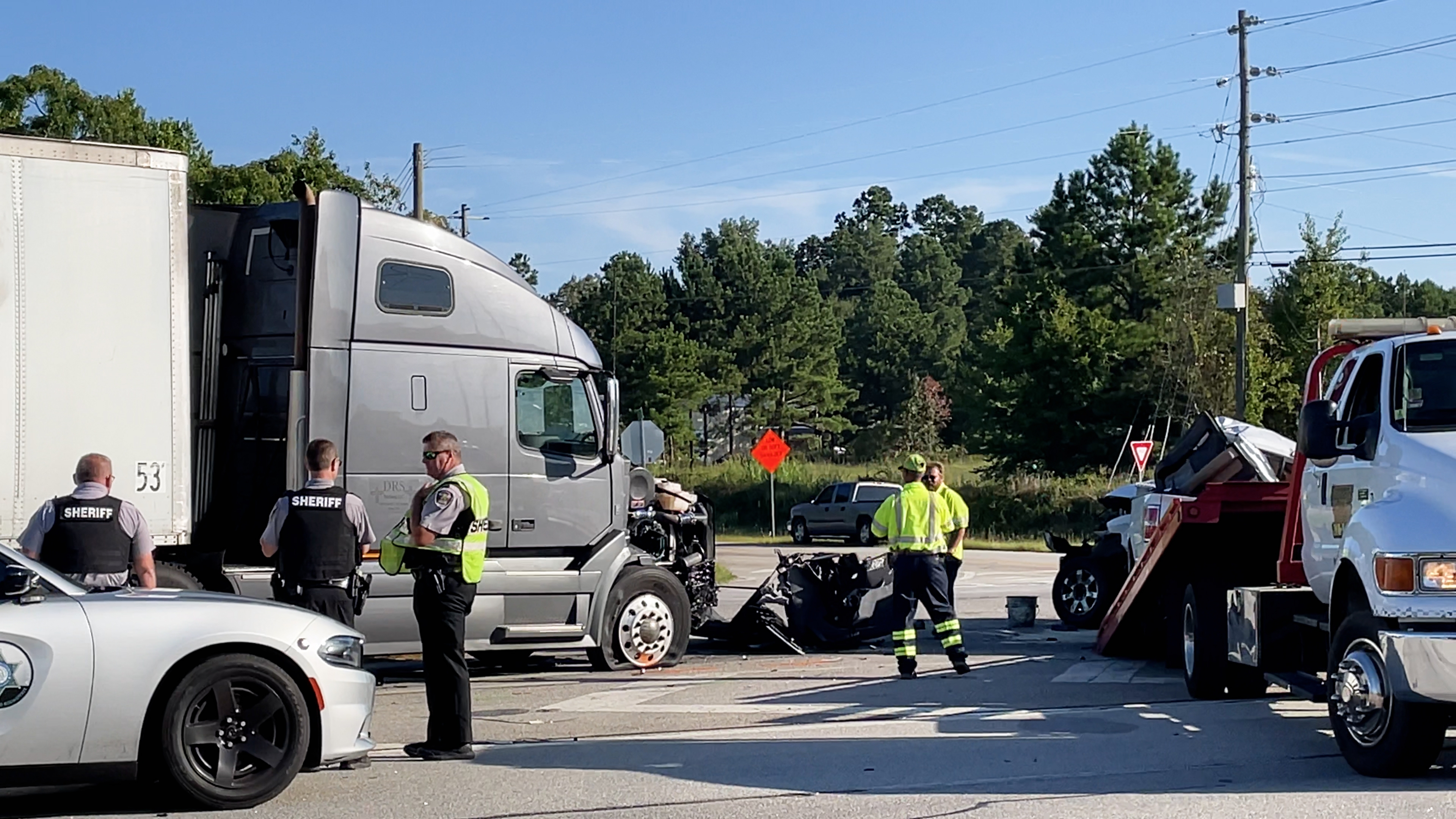
This is where many people get confused.
BUT — you may recover pain and suffering if:
These third-party cases dramatically increase compensation beyond the workers’ comp system.
Online calculators only estimate very broad ranges.
They can’t account for:
A real calculation requires medical review + an experienced personal injury lawyer.
Money awarded for the physical pain and emotional harm caused by an injury.
Settlements in SC typically range from $5,000 to several hundred thousand dollars depending on severity, treatment, and permanency.
Through the multiplier or per-diem method. The multiplier (1.5–5+) is most common in South Carolina.
Medical treatment, imaging, long-term pain, permanent impairment, daily life limitations, and whether you were partly at fault.
Technically no — but insurance companies almost never pay fair pain and suffering without a lawyer, especially in SC.
Yes. Veterans injured in civilian accidents have the same rights to compensation as anyone else, and their military background is often helpful in proving lifestyle impact.
Not through workers’ comp — only through a third-party personal injury claim.
You should contact an attorney when:
Pain and suffering is often the largest part of a settlement, and without legal help, that category is the first thing insurers try to minimize.
Mastantuno Law Firm helps injured South Carolinians build strong cases that capture the full value of their physical and emotional losses.
Contact us today for a free consultation.

A first time DUI charge in South Carolina in 2025 can be an overwhelming experience. The law is strict when it comes to driving under the influence, and the consequences of a conviction can affect your driving privileges, career, finances, and reputation.
At Mastantuno Law Firm, we have extensive experience defending DUI cases in Charleston, SC, and throughout South Carolina. If you’ve been arrested for DUI, understanding what to expect can help you prepare for the legal process and protect your future.
When you are arrested for DUI in South Carolina, you will go through several steps, including:
What You Should Do:
If you are facing a first-time DUI charge in South Carolina, you will go through the criminal court process, which includes:
Your DUI attorney will analyze the prosecution’s evidence, including:
If there were errors in the arrest process, your lawyer may file a motion to dismiss certain evidence.
Even for a first offense, a DUI conviction can result in severe penalties, including:
Additional consequences include:
A DUI conviction in South Carolina can have lasting consequences beyond the courtroom:
A first-time DUI charge does not automatically mean a conviction. At Mastantuno Law Firm, we use proven defense strategies to fight DUI cases, including:
A DUI charge in South Carolina is serious. An experienced Charleston DUI lawyer can help you navigate the legal system and fight for a favorable outcome.
At Mastantuno Law Firm, we:
If you’ve been charged with a first-time DUI in South Carolina, don’t wait to seek legal help. The sooner you hire an attorney, the better your chances of minimizing penalties or getting the charges reduced.
Being convicted of a DUI is not just about paying a fine or serving a short time in jail. For many people, the real damage happens behind the scenes – in higher insurance premiums, lost employment opportunities, licensing issues, and more. Here’s a breakdown of what you really face if you are convicted of driving under the influence in South Carolina (or elsewhere) – and why having strong legal representation matters.

In South Carolina, the financial impact of a DUI conviction extends far beyond the initial ticket. While many people think of a DUI as a one-time fine, the truth is that each conviction comes with mandatory assessments, surcharges, license suspensions, and often jail time – all of which compound quickly.
According to the S.C. Code of Laws Sections 56-5-2930, 56-5-2940, 56-5-2950, 56-5-2990, 56-5-6240 on SC Laws Relative to Impaired Driving –
Felony DUI Charges – Results in Great Bodily Injury or Death
In addition to these fines and penalties, offenders typically face the cost of towing and impoundment, bail, mandatory alcohol education or treatment programs, and license reinstatement fees, all of which can push the total financial impact of a DUI conviction well into the tens of thousands of dollars.
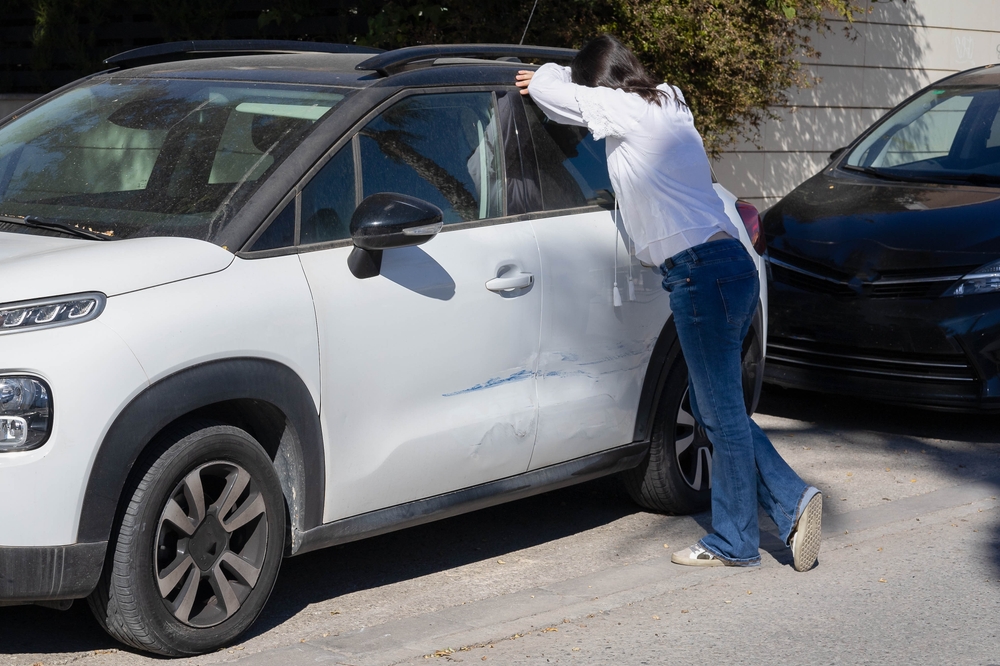
One of the most costly long-term consequences of a DUI conviction in South Carolina is the impact it has on your auto insurance. While a first-time DUI may cost several hundred dollars in fines, the financial hit from higher premiums can last for years, often far exceeding the original penalty.

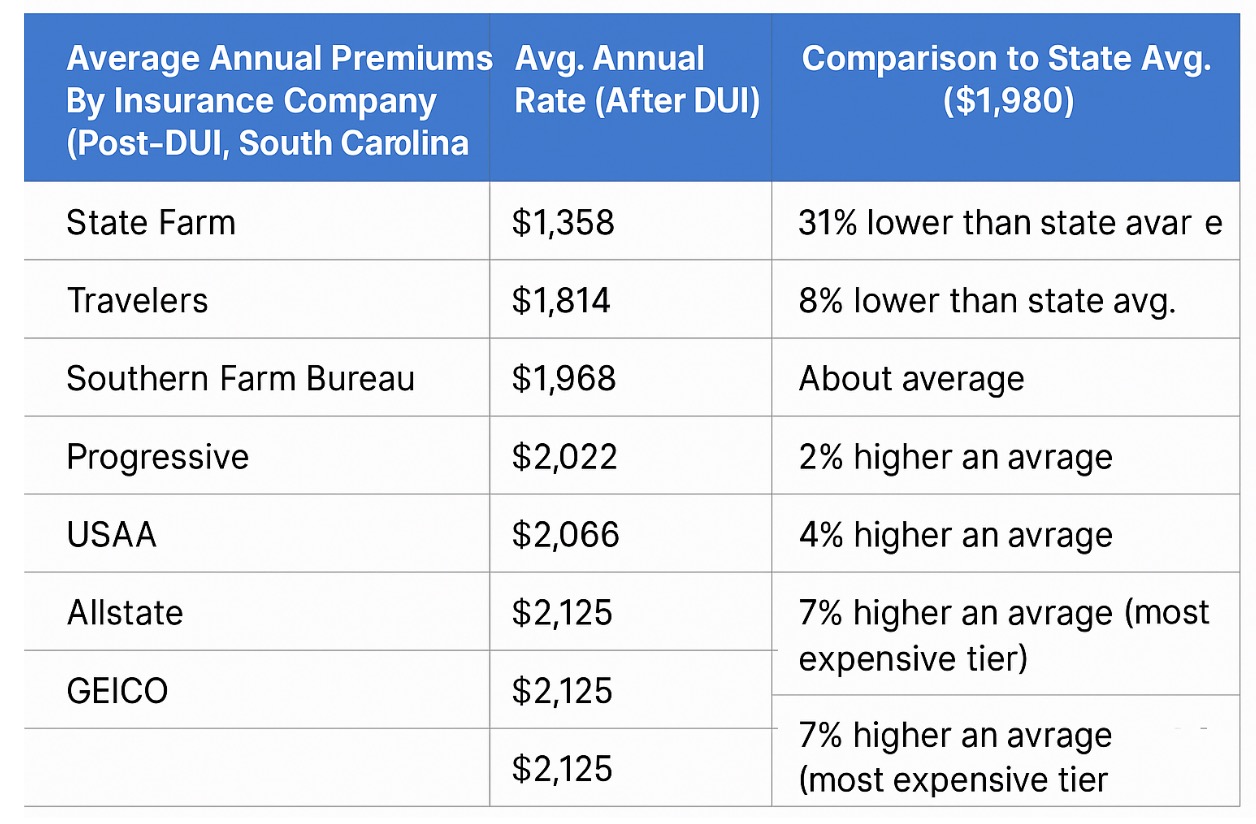
Ultimately, the best way to minimize long-term costs after a DUI is to compare rates across multiple insurers, maintain a clean record going forward, and consult an attorney early in the process. In many cases, timely legal action can help reduce charges or penalties – which can make a measurable difference in how insurers assess your future risk.
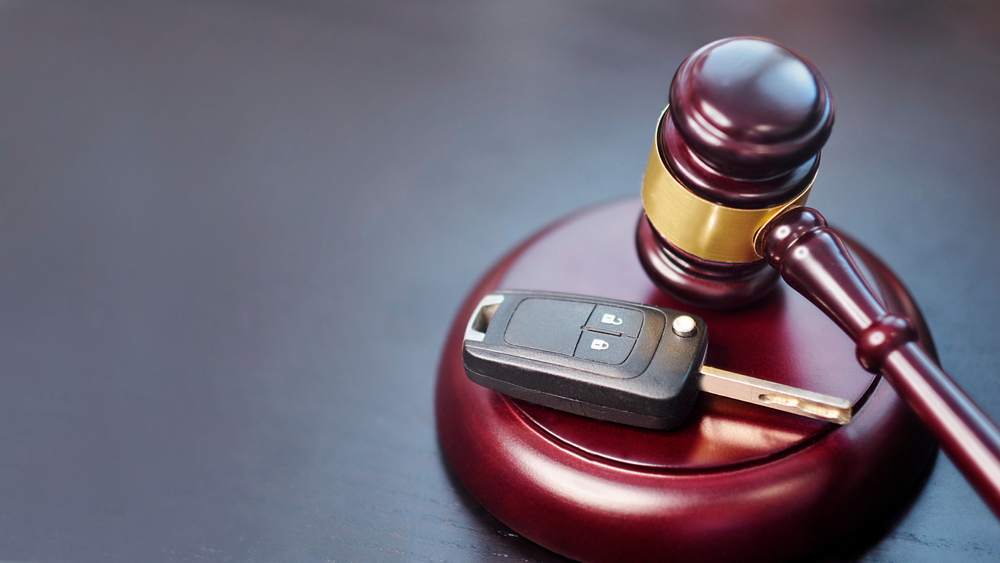
After a DUI conviction in South Carolina, your driver’s license will be suspended or revoked for a prescribed period, and reinstating it requires more than simply paying fees. For many drivers, the path back to legal driving includes mandatory programs, device installations, and strict compliance requirements.
Under the new law effective May 19, 2024, anyone convicted of Driving Under the Influence (DUI) or Driving with an Unlawful Alcohol Concentration (DUAC) must install a breath alcohol ignition interlock device (BAIID/IID).
The period for which the IID must remain installed depends on how many prior offenses you have and other factors.
New South Carolina DUI Law: How the All-Offender Requirement Impacts Offenders
Reinstatement also typically involves:
Failing to comply with any of these requirements – including skipping the interlock installation – will prolong your suspension or prevent reinstatement altogether. SCDPPPS – Ignition Interlock
4. Employment, Career, and Licensing Consequences Following a DUI

A DUI conviction can have serious implications beyond the courtroom – especially for professionals whose careers depend on trust, licensure, or clean background checks.
In South Carolina, licensing boards for fields such as healthcare, education, law, real estate, and commercial driving may open investigations after a DUI conviction. The outcome often depends on factors like whether anyone was injured, your prior record, and whether the offense occurred on the job. First-time offenders who report the conviction promptly and complete any required programs often avoid license suspension or formal discipline.
Certain careers face stricter standards, including:
For others, the long-term damage often comes through:
If you hold a professional license or work in a regulated field, consulting an experienced DUI attorney early can help protect your credentials, ensure compliance with reporting rules, and minimize the career fallout from a conviction.
Contact Mastantuno Law Firm Today for a Free Consultation
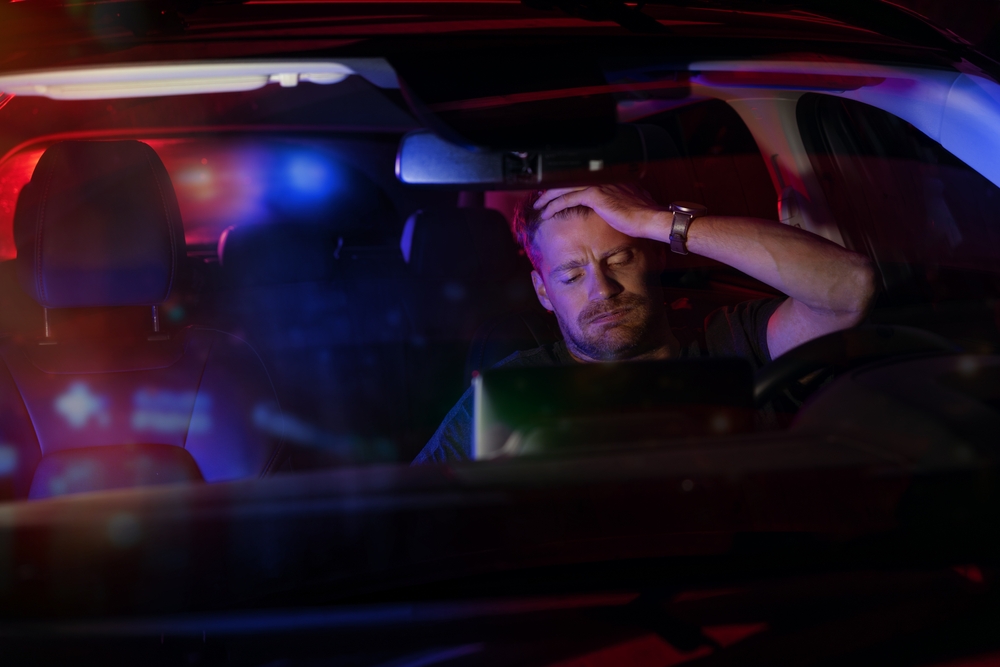
Beyond the dollars, there are many costs that are harder to measure but very real.
After a DUI arrest, engaging a lawyer early can help preserve evidence, challenge procedures and reduce the risk of conviction or enhanced penalties.
Ask your attorney not just about the fine, but about insurance hikes, license monitoring devices, lost work, and other cascading impacts.
Notify your agent, compare rates, explore whether high-risk driver programs apply, and budget for several years of higher premiums.
If your license may be suspended or you face work-only or IID requirements, plan alternative transportation so your employment and daily life aren’t derailed.
Keep records of fees paid, program attendance, vehicle inspections, insurance notifications, and any employment impact – this will help if you later negotiate insurance or job issues.
If your career or licensing body may be impacted, speak with your attorney about disclosure requirements, mitigation options and how a DUI could affect your livelihood.
A DUI conviction is far more than a legal infraction – it can be a long-term drag on your finances, your career, your personal freedom, and your future. The true cost often emerges gradually, as insurance premiums soar, driving privileges disappear, jobs are jeopardized, and hidden fees pile up. At Mastantuno Law Firm in Charleston, we understand that protecting your rights means more than just fighting the charge – it means preserving your future. If you are facing DUI charges, act promptly, get informed, and choose representation that sees the full picture.
Contact Mastantuno Law Firm Today for a Free Consultation. Let’s get in front of this.

Being involved in an accident can be confusing, stressful and full of unknowns. What you do (or don’t do) in the minutes and hours after the incident can significantly affect your health, your insurance claims and your rights. Below are the key actions you should take right away – and why each matters.
Also, review our guide on Common Mistakes to Avoid in a Personal Injury Claim.
Your first priority is always health and safety. If you or any passengers are injured, call 911 immediately. Even if everyone appears OK, it’s wise to have a medical professional check you out – injuries such as whiplash or internal trauma may not show symptoms right away.
If your vehicle is still drivable, move it (and yourself) to a safe location – out of the flow of traffic if possible, with hazard lights on. This reduces the risk of secondary collisions and demonstrates responsible action.

Having an official police or crash-report carries two important benefits: it adds credible third-party documentation of the incident, and it often triggers legal or insurance-process rights. Many jurisdictions require a report if there’s injury or significant damage.
At the scene, when interacting with the officer: provide factual answers, get the officer’s badge number, and after they leave, request a copy (or the report number) for yourself. Don’t speculate or admit fault.
Before evidence disappears, document everything you can. This includes:

How to Document the Scene Correctly after a Car Accident
Get the essential information from every other driver and vehicle involved:
Contact your own insurance company as soon as you are able – many policies require very prompt notification. Provide the basic facts (time, place, other driver info, injuries/damages) but again: avoid admitting fault. Be honest and consistent. Delays or misstatements can undermine your claim.
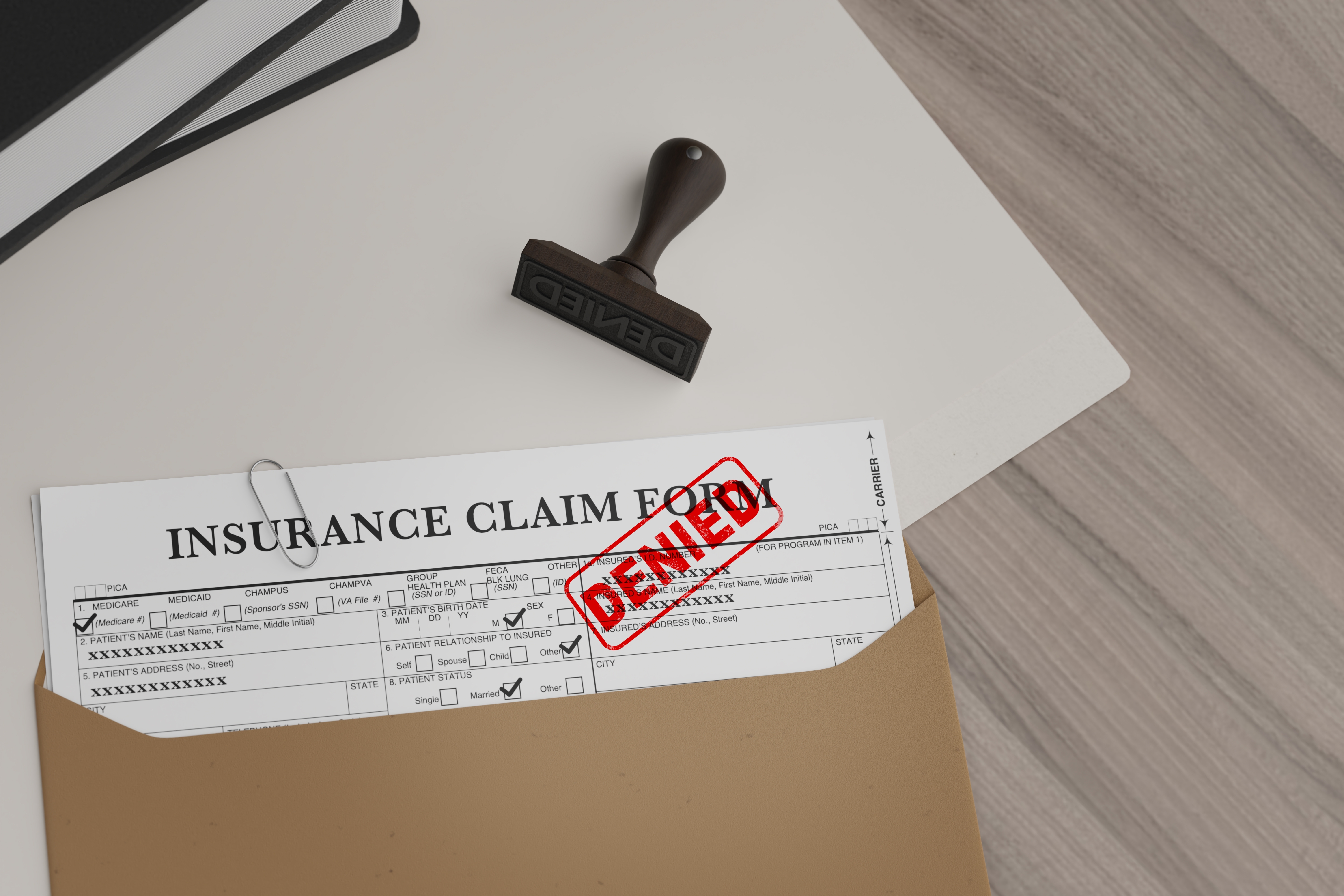
As noted above, some injuries become apparent only later (e.g., concussion, internal bleeding, soft-tissue damage). A prompt medical evaluation accomplishes two things: it protects your health and it creates a medical record linking the injuries to the accident. That record may be critical if you later seek compensation for medical bills, lost wages or pain and suffering.

Over the coming days and weeks, continue to compile and maintain all related records:
Every state has deadlines for filing certain legal claims (statutes of limitation) and for reporting accidents to insurance companies or law enforcement. Failing to act within those timelines can permanently limit your rights. For example, in some jurisdictions you must file a report or claim within a relatively short window.
If you’ve suffered serious injuries, long-term impairments, or there’s a dispute over who was at fault, consulting an attorney early may protect your rights. While this is more obviously legal-advice territory, the key is this risk factor: once insurers or opposing parties begin investigations or negotiations, you’ll want someone experienced reviewing the facts, evidence and legal options. (Note: this step is about preserving rights, not automatically “you must hire a lawyer.”)
By following the above steps, you help ensure that:
Since you’re operating in Charleston, SC, you’ll want to tailor the above to reflect state-specific rules:
An accident can be overwhelming – but how you respond in the minutes, hours and days following the incident can make a significant difference in protecting your health, finances and legal rights. Prioritize safety, document everything, report what you must, avoid premature statements of fault, and keep detailed records. If your situation involves serious injuries or disputes, consulting someone experienced in accident-law and insurance is a wise next step.
We can help. Contact Mastantuno Law Firm for a free consultation today.


When it comes to encounters with law enforcement on the road, DUI (driving under the influence) checkpoints — also called sobriety checkpoints or roadblocks — are among the most legally nuanced. For many drivers, they raise questions like: Do I have to stop? Can they search my car? What rights do I still hold? In this blog, we’ll walk through the legal framework, what to expect, and practical advice to protect your rights.
In Michigan Dept. of State Police v. Sitz (1990), the U.S. Supreme Court held that DUI checkpoints can be consistent with the Fourth Amendment (which guards against unreasonable searches and seizures). The Court balanced the government’s interest in preventing drunk driving against the intrusion on motorists.
However, that ruling does not give carte blanche to law enforcement. Checkpoints must follow procedural safeguards: they should be planned in advance, use neutral selection criteria (not arbitrary), be adequately publicized, and minimize the intrusion on drivers.
Another Supreme Court decision, City of Indianapolis v. Edmond (2000), draws a crucial boundary: roadblocks or checkpoints whose primary purpose is to uncover general criminal wrongdoing (e.g. drug searches) are unconstitutional. In contrast, checkpoints focused on seats for impaired driving, DUI enforcement, or highway safety are more likely to pass legal muster. Wikipedia
Even though the federal standard allows checkpoints under certain conditions, states may impose stricter limitations—or ban them entirely. For example:
Because of this patchwork, whether a checkpoint is lawful depends heavily on where you are.

While procedures vary, many sobriety checkpoints follow a recognizable pattern:

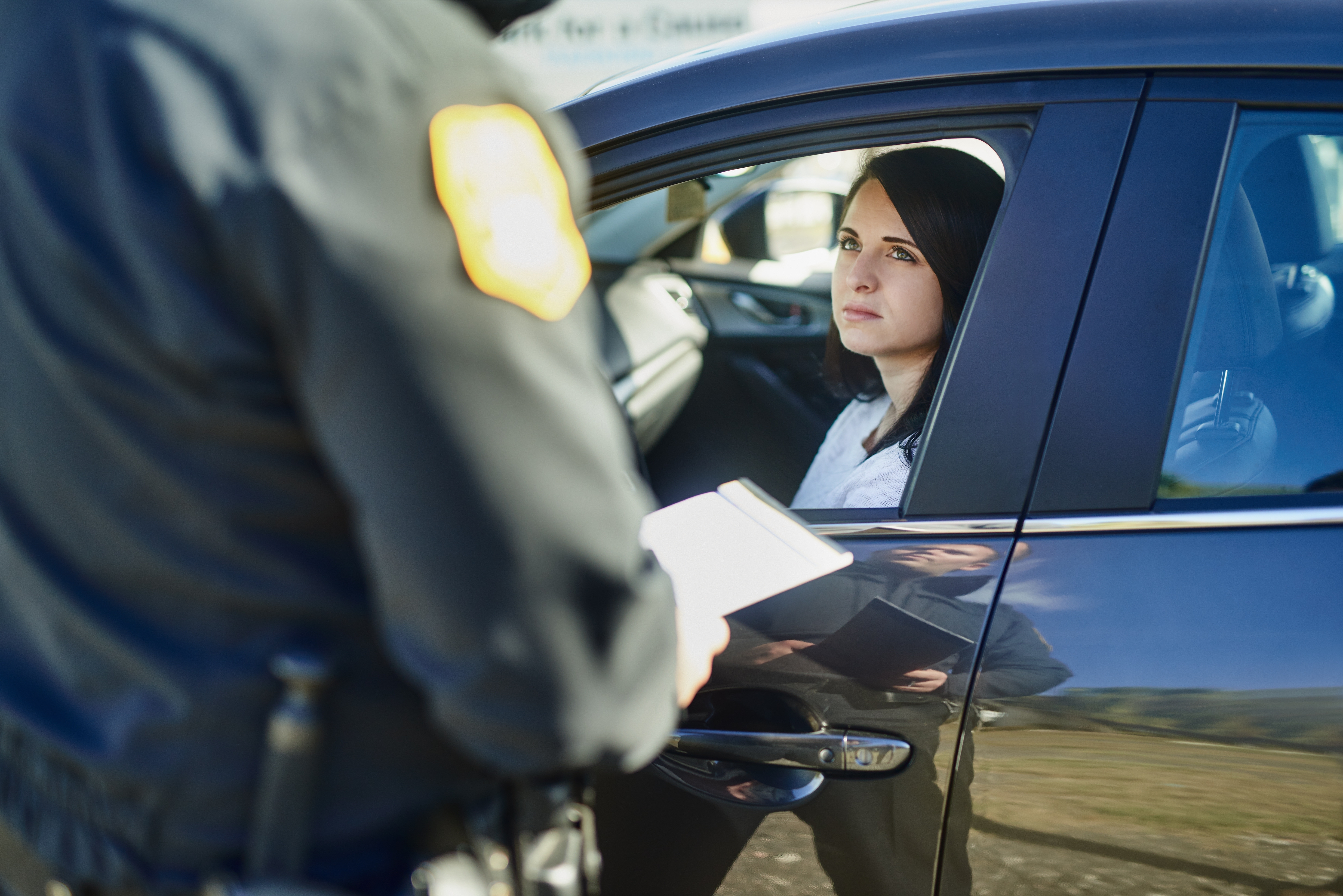
If you are arrested at a checkpoint:
If you have been affected by a DUI Checkpoint in South Carolina, Contact Mastantuno Law Firm today. We can help.
